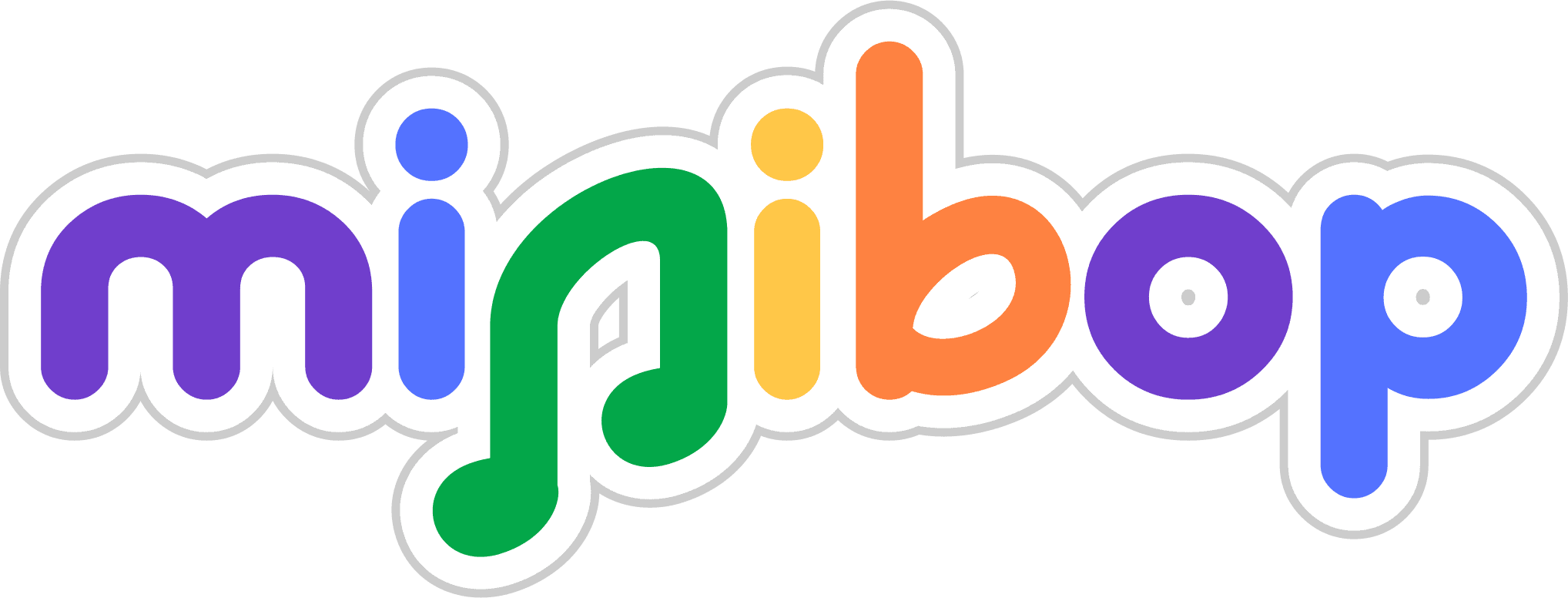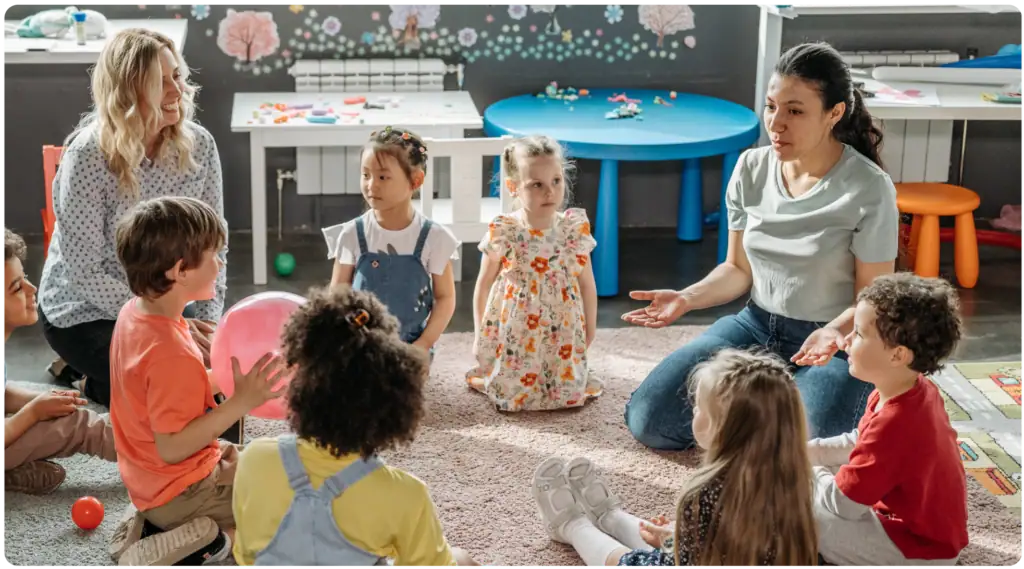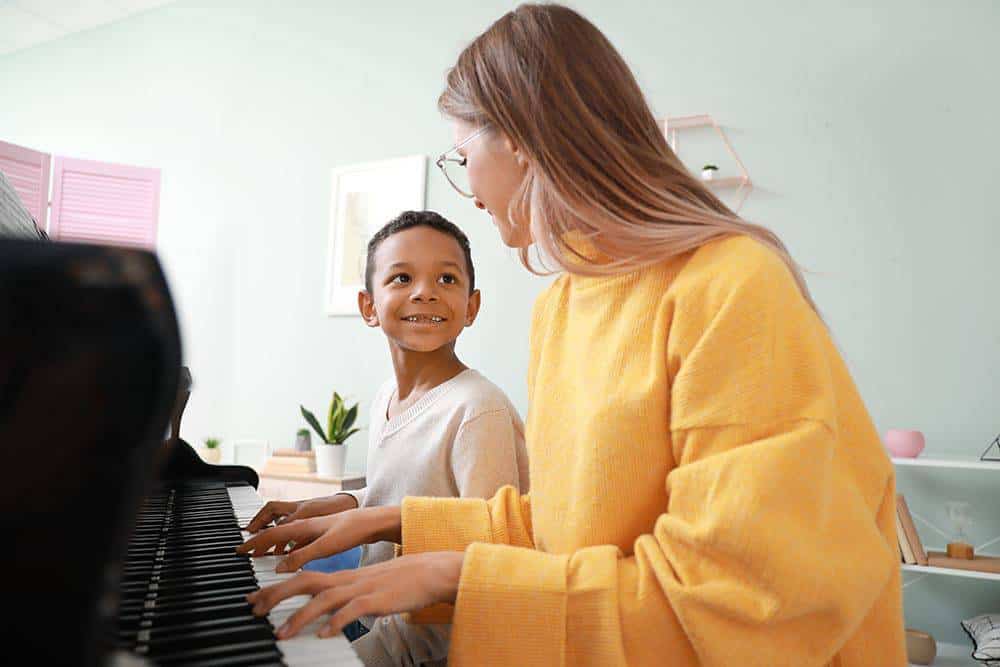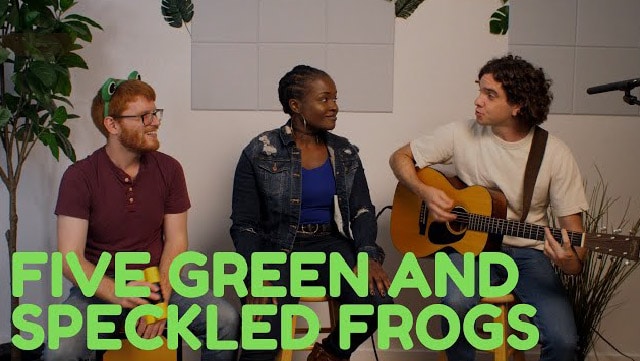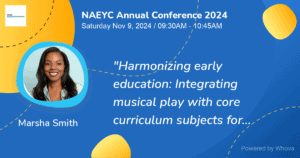Music Education in California
Music education in California public schools is valuable because it enriches students’ lives and helps them develop as creative and artistically literate individuals. The California Arts Standards (and the California Arts Education Framework) outline the learning expectations for music education, including the four artistic processes of creating, performing, responding, and connecting. This education helps students become proficient in music literacy and able to create and perform music.
Music Literacy
In the early grades, students explore and experience musical concepts with decreasing levels of guidance, and learn to create movement with music. In the upper elementary grades, students learn to melodically and rhythmically improvise for a specific purpose and within different contexts. Throughout the program, students develop a connection and understanding of the basic elements of music, including dynamics, beat, pitch, rhythm, tempo, and meter.
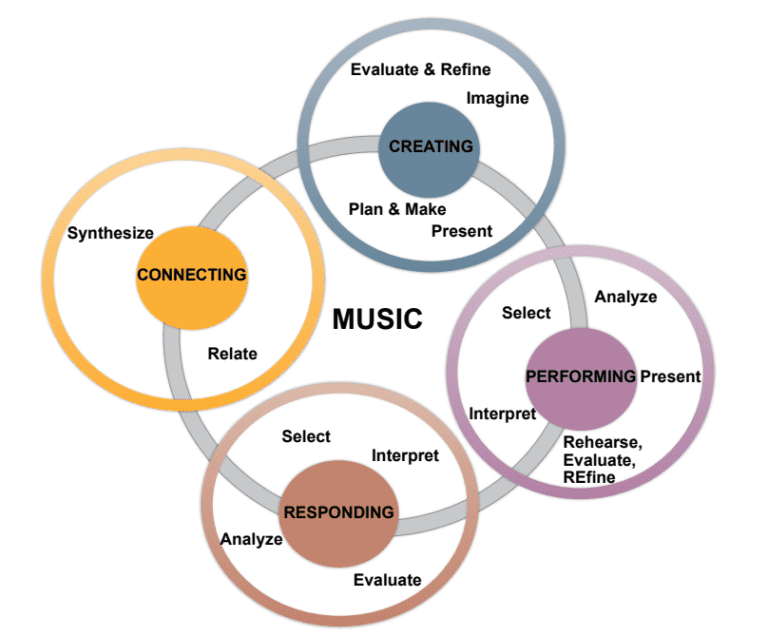
Sequential Learning
Minibop Music’s programming follows the California Arts Standards and supports its goals by providing a standards-based, sequential music education for students in TK-8. Our programs focus on developing students’ music literacy and ability to create and perform music. We also provide opportunities for students to respond to and connect with music, deepening their understanding of the world and themselves as lifelong musicians. With formative assessment frameworks in place, our staff in the field observe and report on measurable learning progress.
Enlightenment
The California Arts Standards also outline the lifelong goals for music education, including music as a means of communication, personal realization, cultural and historical understanding, well-being, community engagement, and profession. Minibop Music’s programs support these goals by providing a variety of musical experiences and opportunities for students to engage with music in these ways.
Music Enrichment for Better Lives
For example, our programs include opportunities for students to create and perform their own music, learn about the history and culture of music, and engage with music in their communities. We also provide support and resources for students interested in pursuing a career in music. By providing these opportunities, we aim to help students become musically literate citizens who are able to use music to enrich their lives and the lives of others.
